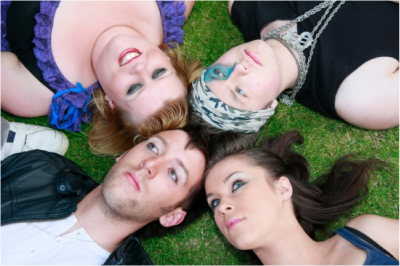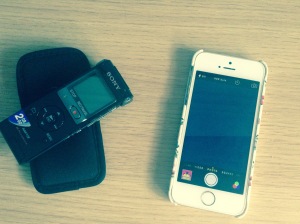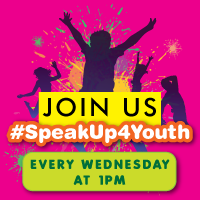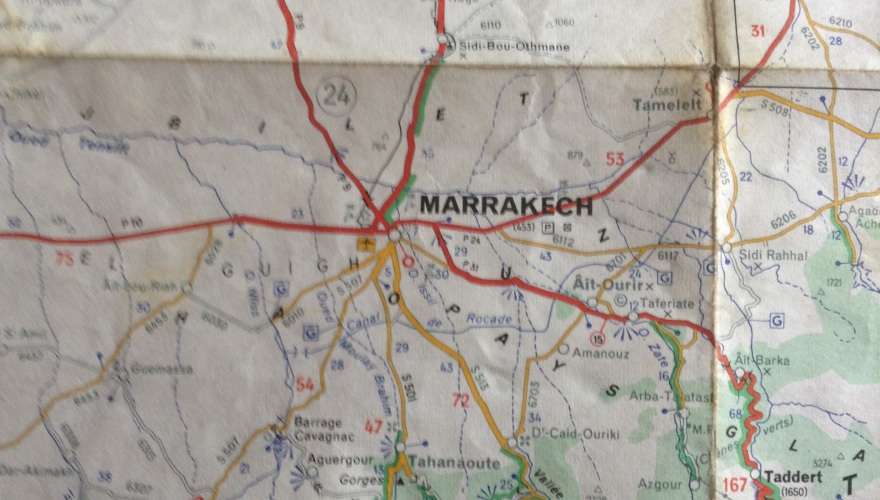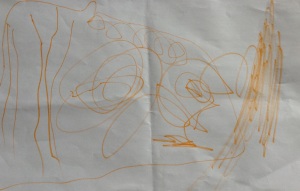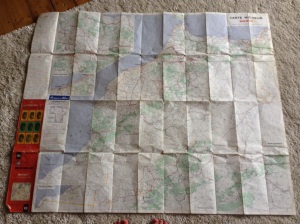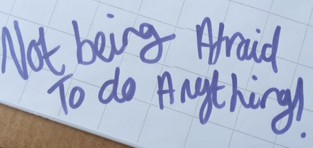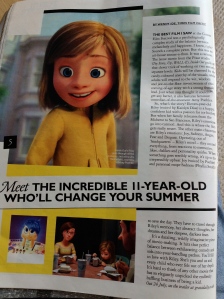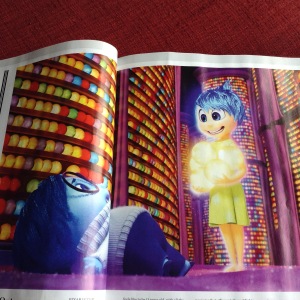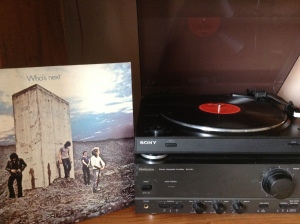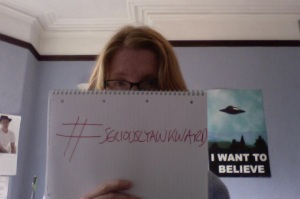Grief is something we all have to face at some point in our lives.
Both of my parents have already passed away. My Mum had just turned 62 when she died. I was 32. My Dad died three years later – he had just turned 70. At the age of 35 I found myself without either of my parents – the people who had brought me up and taught me more or less everything I know about how to live my life and how to treat others (they did a great job of this bit, which is good).
My journey through this grief has been difficult. But then I always try to remind myself that many, many others have been through the same experience or are currently right in the middle of this. It can also be very frightening – terrifying almost. When someone you love dies, it can feel like the world around you has fundamentally changed. Nothing can be the same again. Nobody tells you about the fear element. I have experienced panic attacks, but I am slowly starting to feel better. Of course, that is the most frustrating part, knowing that grief can not be hurried to its resolution. There is no ‘fast-forward’ button.

Finding a positive outlet for grief is really important.
Considering how devastating and turbulent this can be, it is pretty amazing that a younger person can actually get through this, can keep functioning in life and move on. As an adult, I would like to think that I would do anything I could to help someone in this position to go through this journey, to feel supported and cared for.
A month or so ago, I came across an amazing youth charity called Fixers. Winner of Best UK Charity Project of the Year 2014, they have a very specific focus: to help young people develop a project that makes their voice heard on a matter that is very personal to them – something of which they have had a specific experience. It’s about empowering them to find a solution.
Through this, I found out about Gennifer. Gennifer’s friend sadly died of cancer when she was just 15. I can’t imagine how hard this must have been for her. She decided to do something about this experience, to help others. Fixers stepped in and helped her in her determination to set up an online resource for young people who have been bereaved: the SOAR website. I think she is amazing.

The site aims to help young people feel informed and supported. It is also useful for parents, other family members and teachers – to encourage them to have more patience and understanding in supporting someone who is going through this, especially when dealing with the demands of study, exams and other stresses.
Crucially, Gennifer found that there was little advice or information available to her at school and in other settings and that made it harder for her to admit she was struggling to cope. I imagine many young people have been through a similar experience.
On her website, she offers 5 key tips that I think are crucial to remember if you are grieving:
- Don’t bottle up your feelings. It can be a great relief to talk to someone about how you are feeling.
- Know that there isn’t a time limit on mourning. Bereavement can affect you for any length of time, some people only take a few months to grieve, where others may take years.
- Take time out for yourself. It’s not selfish to want to be by yourself sometimes to gather your thoughts.
- Don’t compare yourself to others in the same situation! People experiencing bereavement learn to grieve/cope in different ways, it’s okay not to feel the same as someone else does.
- It’s alright to move on with your life and be happy. Don’t feel guilty about moving on with your life and being happy. It doesn’t mean you’ve forgotten about your loved one who has passed away, it just means that you can finally accept what has happened. They would want you to continue your life.
I asked Gennifer how this work has helped her, this is what she said:
“Working with fixers to create a bereavement support website for young people really helped me put in to perspective everything I had dealt with and overcome. It allowed me the opportunity to turn a life changing event in to something positive through helping and offering support to other young people who were dealing with similar situations to myself”.

Gennifer’s story has inspired me to write this blog post and to share more about myself than I usually would have done. And for that I would like to thank her.
One of my close friends sent me a greetings card this week. The cover is plastered with pictures of girl superheroes (and some female baddies thrown in too!). Inside she wrote: ‘You are a superhero… so don’t forget it’.
Gennifer – you are a superhero too… never, ever forget that.
I think Fixers are an amazing charity. If you would like to find out more about their fantastic work, please have a look at their website.
If you are grieving at the moment, here is something that may help.

Quotes via whatsyourgrief.com
Please look out for any young people you know who may be going through a loss. Let’s support each other.
I recently wrote a post in memory of my Dad and how he taught me to be enterprising in my approach to life. Please check it out.


